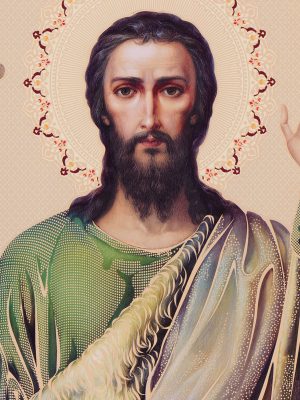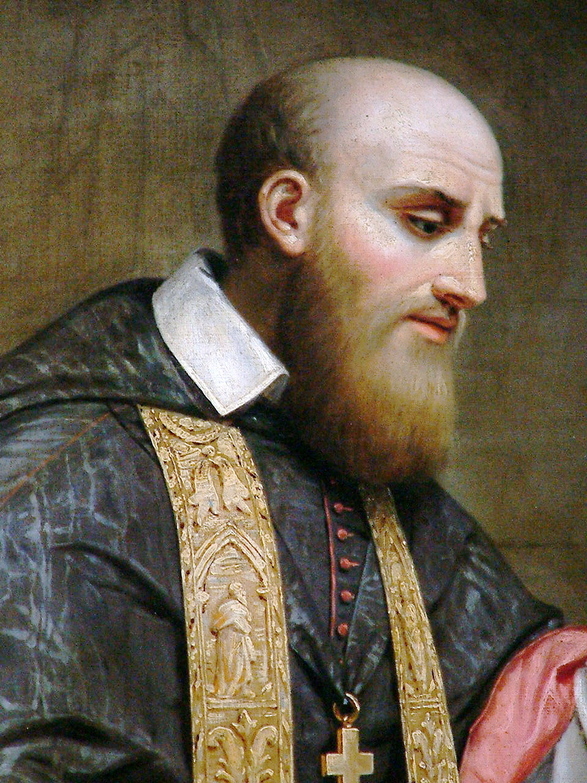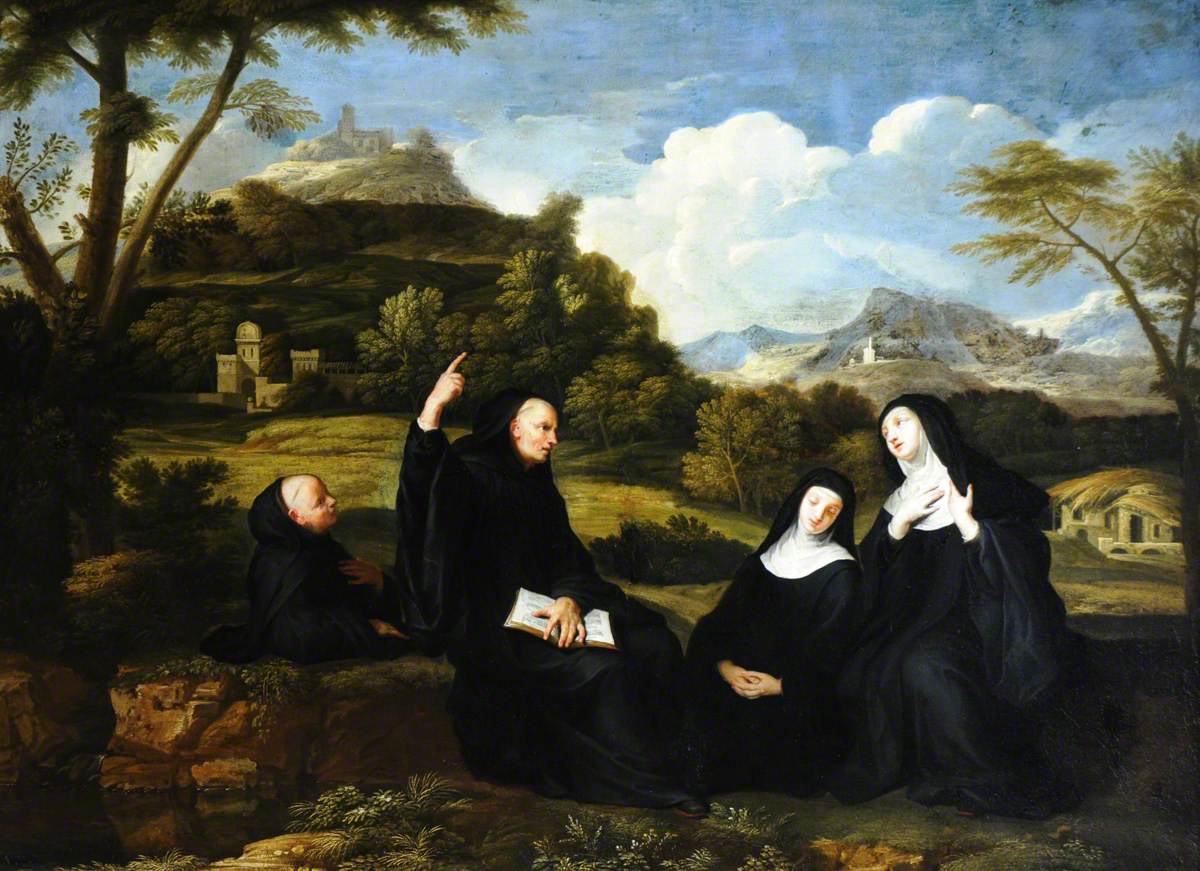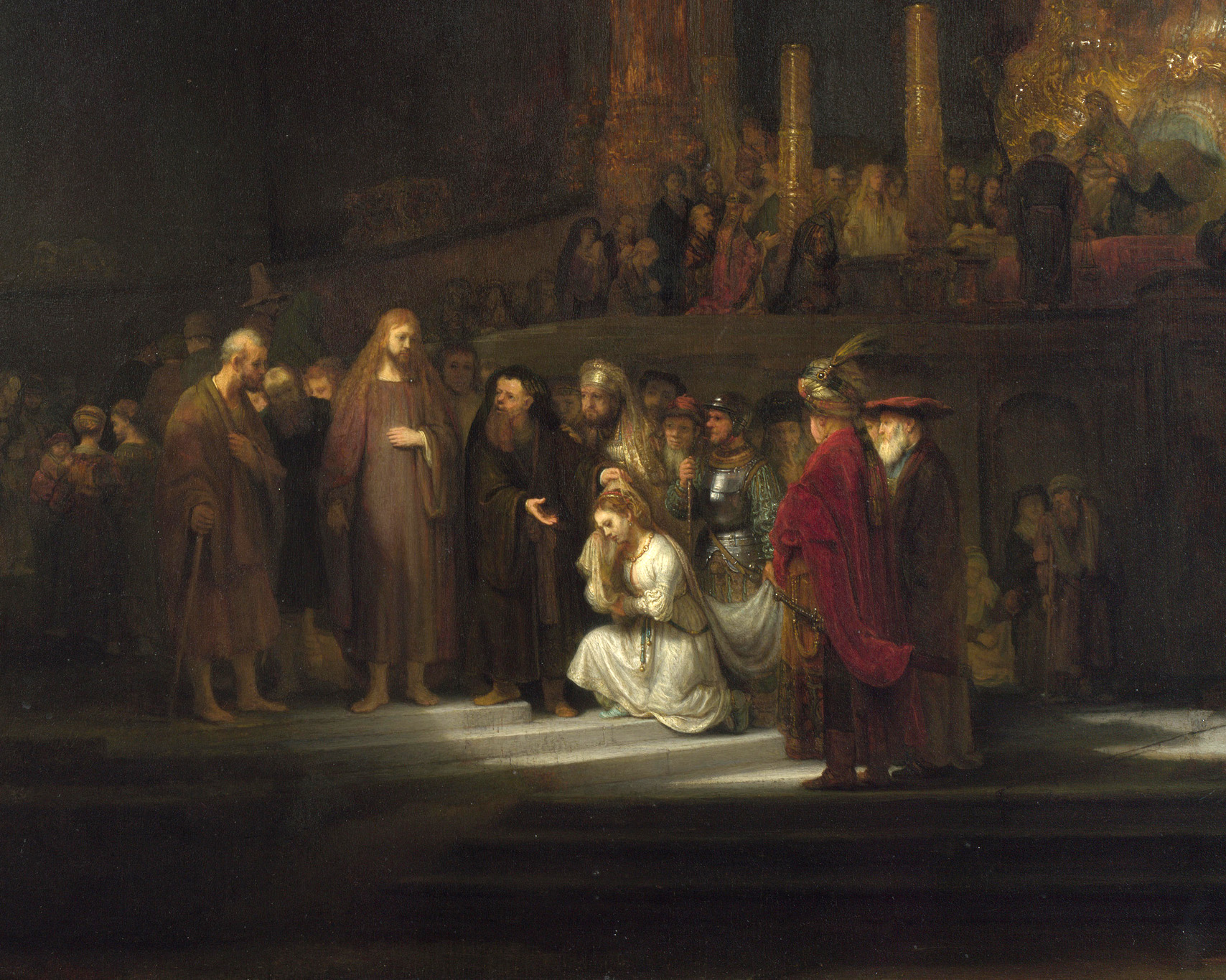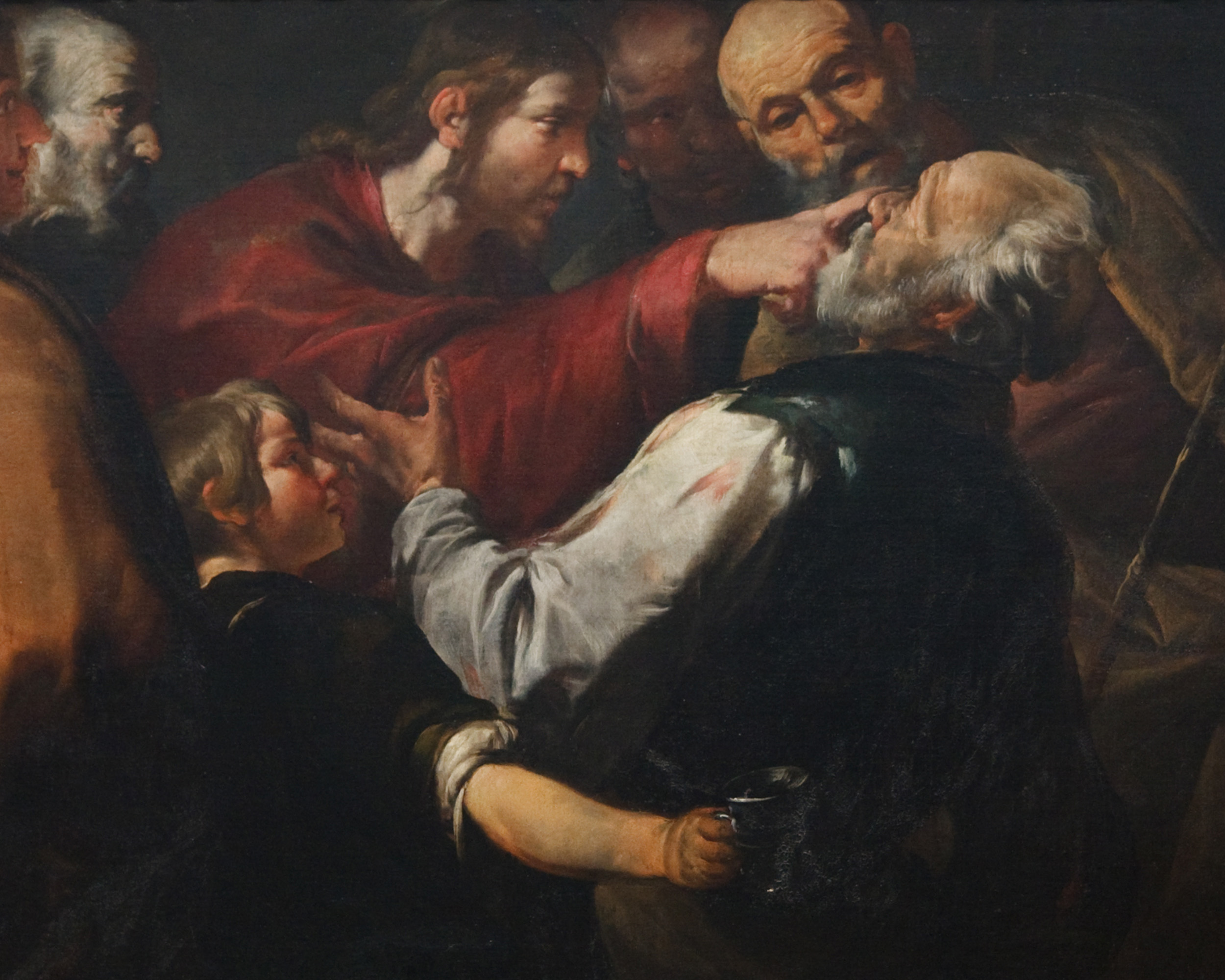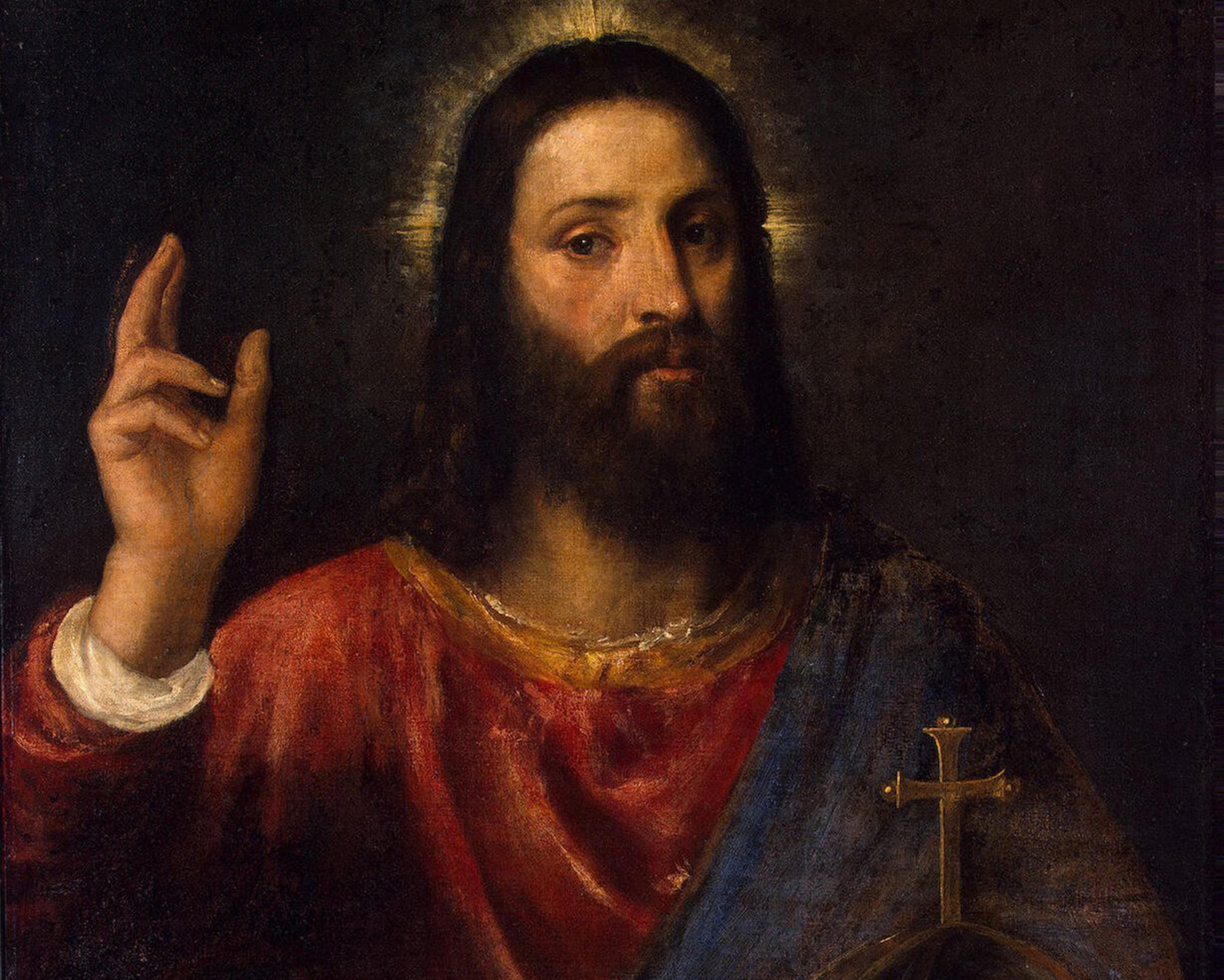As the great St. Ambrose says, truly one must be clothed and armed on all sides with humility if one wishes to enter into the combat and war against vice.
Our glorious St. John was indeed armed with this virtue. O God, how wonderfully present it was in this great saint! For he was neither in Heaven, nor in the earthly paradise, but on fallen earth; he was not an angel, but only a man; he was not in Original Justice and could have sinned venially. And they did not propose to him simply to be like God, they came to make him confess that he was the Christ, and they were prepared to acknowledge him as such! But he refused emphatically such acknowledgment. “He confessed and he did not deny” says the Evangelist, that he was not the Christ. How great were both this temptation and the humility with which he repulsed it.
Now they ask St. John: “Who are you? Are you not the Christ whom we await?” And he confessed and did not deny that he was not. Oh, how far was St. John’s spirit from that of our times! He did not discourse beautifully in replying to these messengers; he contented himself by simply answering that he was not the Christ. Surely, if they had wanted to know simply what his profession was, without doubt they would have been informed of the truth, and with more words. But since they took him for what he was not, he succinctly stated that he was not the one whom they thought him to be.
We, on the other hand, are extremely receptive to the honors that are extended us! Our human nature is anxious to attract whatever is to its advantage, and we are greatly taken with every dignity and preeminence! To those who flatter us we say: “Oh, it is true that I have been gifted with that grace. Yes, I have it. But it is God’s gift. It is a result of His mercy,” and other such words. An unimportant gentleman will imagine himself to be from a great family, a cavalier; when someone asks him, “Who are you?” he will answer what he imagines to be the case: “I am a gallant lord, a valiant cavalier, from a great house and family.” Ordinarily these men are nobodies. But the less they are, the greater they desire to appear! Folly and nonsense! Who is he? Indeed, who is he? To hear him, he is a St. Peter! He probably lived four hundred years before this apostle, and other such nonsense.
Our self-love is such that it not only draws to itself all the glory that in any way belongs to it but also that which in no way belongs to it. In this we act quite differently from the glorious St. John, who is not content simply to reject what does not belong to him; he even refuses what he could justly have accepted.
Our Lord offers St. John to all kinds of people for their imitation. He should be the model not only of prelates and preachers, but also of religious men and women. They should consider his humility and mortification so that, in following his example, they also may be voices crying out that we should prepare the way and make straight the path of the Lord so that, receiving Him in this life, we may enjoy Him in the next, to which may the Father, the Son and the Holy Spirit lead us all. Amen.
This article is taken from a chapter in The St. Francis de Sales Signature Set by St. Francis de Sales which is available from TAN Books.


